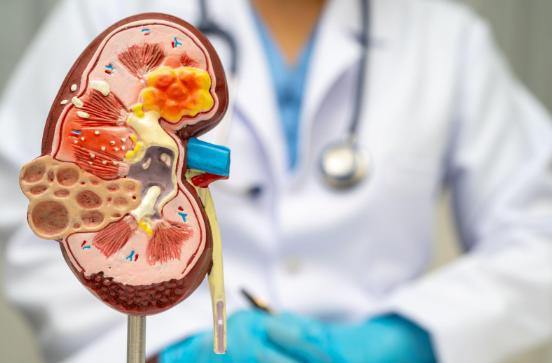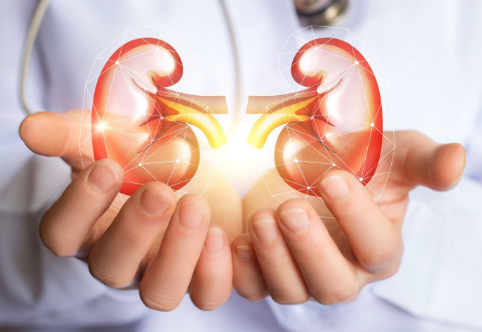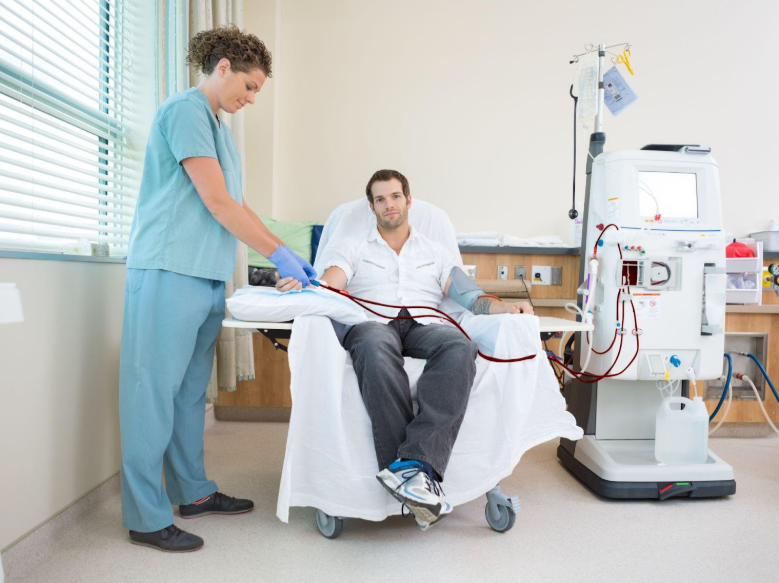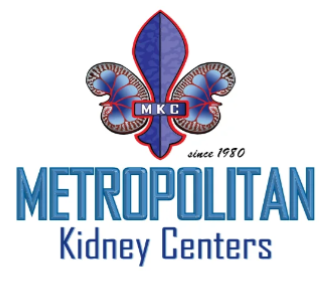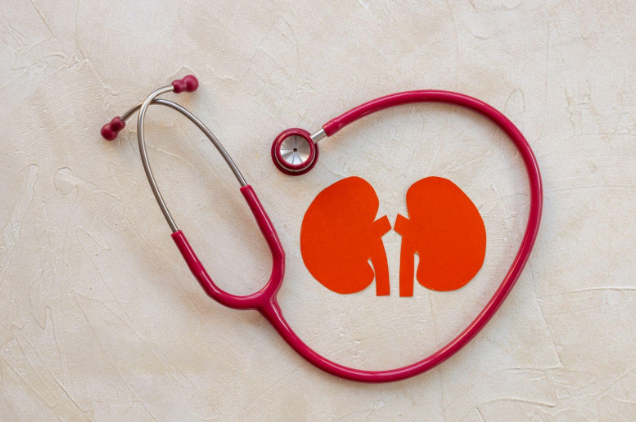A Comprehensive Guide to Kidney Transplants

Kidney disease can have a considerable impact on an individual's daily life. Kidney transplants offer a lifeline to people with chronic kidney disease (CKD) and end-stage renal disease (ESRD).
Read on to learn about kidney transplants, their procedures, benefits, risks, and what to expect before, during, and after surgery.
The Role of the Kidneys
Kidneys are vital for our health, filtering waste and fluid from the blood. But when they falter, serious problems emerge. End-stage renal disease (ESRD), the final phase of chronic kidney disease (CKD), occurs when kidneys lose about 90% of their functionality. They can't filter waste and fluids effectively, leading to harmful build-up in the body. This stage demands medical attention, often involving dialysis or kidney transplantation, to be managed effectively.
Causes
End-stage kidney disease (ESKD) can result from various underlying conditions that cause progressive damage to the kidneys over time. Some of the most common causes of end-stage kidney disease include:
- Diabetes (Type 1 & Type 2): The leading cause of end-stage kidney disease due to chronic high blood sugar damaging kidney blood vessels and glomeruli.
- Hypertension (High Blood Pressure): Chronic, uncontrolled high blood pressure strains kidney blood vessels, increasing the risk of kidney damage and end-stage kidney disease.
- Chronic Glomerulonephritis: The inflammation of kidney filtering units (glomeruli) from autoimmune diseases, infections, or immune conditions leads to irreversible kidney damage.
- Polycystic Kidney Disease (PKD): A genetic disorder with numerous fluid-filled cysts replaces healthy kidney tissue, impairing function and leading to end-stage kidney disease.
- Interstitial Nephritis: Inflammation of kidney tubules and tissue from medications, infections, or autoimmune diseases progresses to end-stage kidney disease if untreated.
- Obstructive Uropathy: A blockage in the urinary tract (e.g., kidney stones, tumors) prevents urine flow, causing kidney damage and eventual failure if not treated.
- Recurrent Kidney Infections: Untreated chronic or recurrent kidney infections cause scarring and damage to kidney tissue, increasing the risk of end-stage kidney disease.
- Congenital Kidney Disorders: Structural or functional abnormalities at birth (e.g., congenital renal dysplasia, obstructive uropathy) predispose to end-stage kidney disease later in life.
Kidney Transplants
While dialysis is a life-saving treatment, kidney transplants offer a significant advantage. A transplant replaces the failing kidneys with a healthy one from a living or deceased donor. This surgery allows the body to resume its natural filtering process. It can lead to improved quality of life and increased longevity compared to dialysis.
Types of Kidney Transplants
Kidney transplants mainly fall into three types:
- Living Donor Donation: This can be from a family member, friend, or even an unrelated person.
- Paired-Organ Donation: If you and your donor aren't a perfect match, they can still help by donating to someone who matches them better. In return, you can receive a kidney from a donor who is compatible with you.
- Deceased-Donor Kidney Waitlist: If a living donor isn't available, you'll be placed on a waiting list for a deceased-donor kidney.
The Benefits of Kidney Transplants
A kidney transplant is often the preferred treatment for kidney failure compared to lifelong dialysis. Here's why:
- Improved Quality of Life: Transplants offer greater freedom and flexibility than dialysis.
- Lower Risk of Death: Transplants have a lower mortality rate than dialysis.
- Fewer Dietary Restrictions: Transplants allow for more dietary freedom than dialysis.
- Lower Treatment Cost: In the long run, transplants can be more cost-effective than dialysis.
Preparing for a Kidney Transplant
Preparing for a kidney transplant involves several important steps to ensure the best possible outcome:
Finding a Transplant Center
Choosing the right transplant center is important. Consider factors such as the center's experience, success rates, and the availability of living-donor programs.
Evaluation Process
Once you've selected a center, you'll undergo a thorough evaluation to determine your eligibility for a transplant. This may involve blood tests, imaging scans, a physical exam, and a psychological evaluation.
Finding a Matching Donor
For a deceased donor transplant, you'll be placed on a waiting list. For a living donor transplant, compatibility testing is needed. You and the donor compare blood and tissue types to ensure the best match. There are also options like paired donation and non-directed donation programs that can expand the pool of potential donors.
The Transplant Procedure
The kidney transplant procedure brings hope to many dealing with kidney failure. Let's explore the essential stages of the treatment:
Before the Procedure
You'll receive detailed instructions on what to expect before surgery, including medication adjustments and fasting requirements.
During the Procedure
Kidney transplants are performed under general anesthesia. The surgeon will make an incision in your lower abdomen and place the donated kidney inside. The new kidney's blood vessels and ureters (the tube connecting the kidney to the bladder) are then attached to your blood vessels and bladder.
After the Procedure
You can expect to spend several days in the hospital for recovery and monitoring. Your new kidney should start producing urine within a few days, though dialysis may sometimes be needed temporarily. Pain medication will be provided to manage discomfort at the incision site.
Recovery and Follow-up
Following discharge from the hospital, frequent checkups and medication adjustments are necessary to monitor your new kidney function and prevent rejection.
Medication
Anti-rejection medications are given after surgery to prevent your body from attacking the transplanted kidney. These medications have side effects, so strict adherence and communication with your doctor must be followed.
Healthy Habits
Maintain a healthy lifestyle after a transplant. This includes a balanced diet, regular exercise, and preventive healthcare measures.
A Brighter Future
A successful kidney transplant allows you to regain independence, improve your quality of life, and enjoy a longer and healthier future. By understanding the process, risks, and benefits, you can make informed decisions about this life-changing
Metropolitan Kidney Centers focuses on delivering top-notch treatment for chronic kidney disease. If you're seeking more information about what we offer, don't hesitate to
reach out or
schedule a visit.
